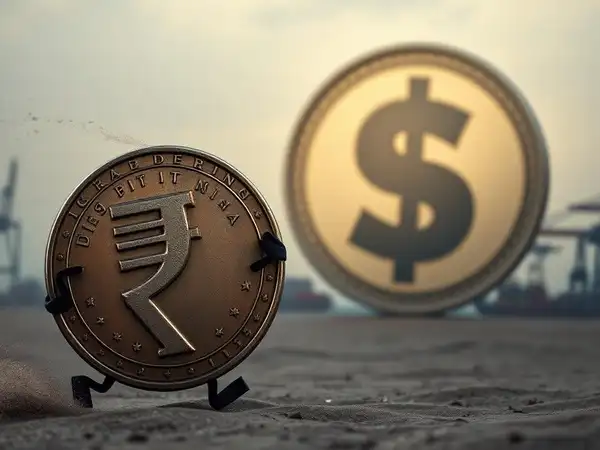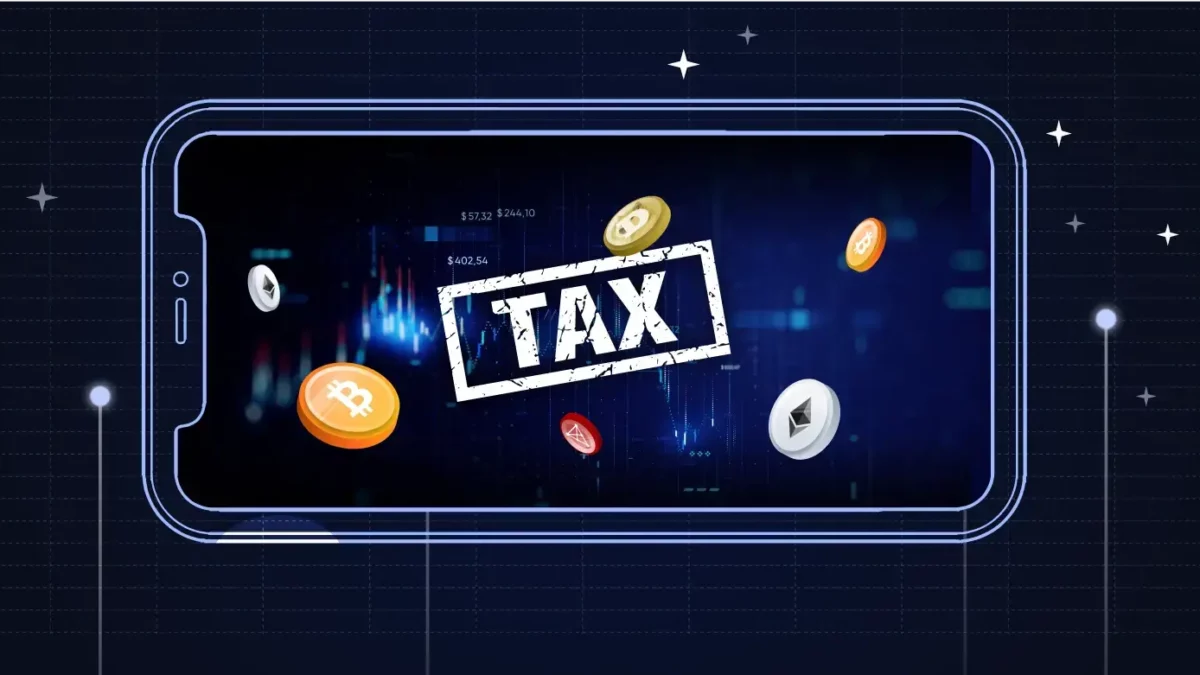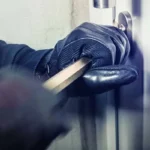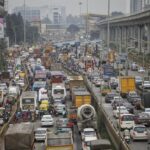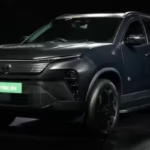Now Reading: Tokenization of Real-World Assets: How Physical Assets Are Entering the Crypto Space
-
01
Tokenization of Real-World Assets: How Physical Assets Are Entering the Crypto Space
Tokenization of Real-World Assets: How Physical Assets Are Entering the Crypto Space

Imagine owning a small piece of real estate, art, or even gold—without actually holding it physically. That’s the idea behind the tokenization of real-world assets (RWA). As blockchain technology matures, this trend is slowly gaining traction, offering a new way to invest, trade, and manage ownership. But what does this mean for everyday Indians, especially in smaller cities? Let’s break it down.
What Does Tokenization of RWA Mean?
In simple terms, tokenization turns a real-world item—like property, gold, or even a vehicle—into a digital token on a blockchain. This token acts as proof of ownership. So instead of buying a whole flat in Pune or plot in Nagpur, you could own a fraction of it via a digital token.
It’s like buying shares, but the asset behind it isn’t a company—it’s a physical object.
Why This Matters Now
Tokenization is being discussed more as it opens access to investments that were earlier reserved for high-net-worth individuals. A student in Bhopal or a shopkeeper in Amravati could, in theory, invest Rs. 5,000 in a property located in Bengaluru or a fine art piece based in Mumbai.
With India’s push for digital public infrastructure and fintech adoption, this concept isn’t as far-fetched as it once seemed.
Benefits That Stand Out
One major advantage is liquidity. Usually, you can’t sell a small portion of land or a flat overnight. But tokenized assets can be traded in marketplaces—just like stocks or crypto coins. It also ensures transparency since ownership records are stored on a blockchain.
It lowers the entry barrier for investing in premium assets and could potentially give people more financial options than traditional savings.
Risks and Questions to Watch
The main issue is regulation. Right now, India doesn’t have clear guidelines on how these tokens should be handled. If the platform managing the tokens shuts down, or if fraud occurs, recovery could be tricky.
Also, there’s no guarantee that these tokens will be as liquid or safe as claimed. They might sound tech-friendly but need serious legal backing before mass adoption.
Indian Relevance: Could This Work in Tier 2 Cities?
With the rise of affordable internet and increasing financial literacy, Tier 2 cities are no longer behind when it comes to exploring new investments. But education is key. Without knowing what’s being bought or how the system works, people could fall into traps.
Still, for small investors with big dreams, RWA tokenization offers a glimpse into a more inclusive financial future—if done right.
Conclusion
Tokenization of real-world assets could redefine how Indians invest, making traditionally expensive assets accessible to more people. But the idea needs clearer rules, stronger platforms, and greater awareness before it can become mainstream. For now, it’s an interesting development worth watching closely.




